Does Milk Wash Away Calcium?
There is a belief that milk does not contribute to bone strength, but rather washes calcium out of the body and makes bones more fragile!
"Why are you so against milk?" you might ask! No, not just against milk, I just decided to start with it! Well, since I've touched on this topic, I want to provide you with maximum information. Of course, the conclusions are up to you.
Usually, I also provide links to studies, and this publication is no exception. At the end, I will present the results of a 20-year extensive study on this topic. ⠀
Many of us believe that milk, intended for calves, is also suitable for humans. Some express surprise, saying that we, humans, are the only species on the planet that consumes the milk of another animal.
In fact, it's not quite true! I have witnessed dogs, cats, mice, and even hedgehogs (yep-yep) happily drinking cow's milk.
It just so happens that other species, apart from humans, don't read books, newspapers, post on Instagram, or build farms, which is why they don't consume milk.
But if a "smart" human offers it to them "on a silver platter," the animal will gladly taste this "elixir," even if it's store-bought! If we exclude such "human assistance" provided to our smaller brothers,
it's quite obvious for all of us that once animals reach a certain age, they no longer consume maternal milk on their own!
The same goes for calves, for whom cow's milk is, of course, maternal milk!
Why am I talking about animals? I wanted to say that there is an assertion according to which the negative impact on the body when consuming milk by adult individuals is true not only for humans!
There is evidence that the consumption of milk by adult cows leads to increased mortality and effectively makes the bones of animals more prone to fractures.
Milk, Calcium, and Strong Bones
In a nutshell (although it's unlikely to fit in two), let's talk about the version regarding why consuming milk does not benefit our bones and may even cause "leaching" of calcium from the bones. One argument in favor of consuming milk is that it contains a large amount of calcium.
There is a point of view according to which it goes like this: besides calcium, casein (here it is again!) is also present in the human body, which is a strong oxidizer.
The enzyme that breaks down this protein in the human body is produced in very small and insufficient quantities. To metabolize casein, our body increases the content of hydrochloric acid in the stomach.
In this case, calcium helps to bring the body into an acid-base balance and neutralize increased acidity. Thus, the calcium that enters with milk is spent on maintaining the acid-base balance.
If this amount of calcium is not enough, the body starts using its own reserves of this mineral.
Some believe that this is how the "complete digestibility" of calcium by our body is explained. In fact, it turns out that calcium is not absorbed but is expended in a chemical reaction.
Of course, if the body's calcium reserves are constantly depleted, nothing good can be expected not only for bones! In the context of the cramps series posts, I wrote that calcium is necessary for normal muscle function.
However, at the time of writing this article, the above is just a theory. So far, there has been no conclusive 100% evidence of such a mechanism of milk's effect on calcium homeostasis. But there are studies that tend to confirm this version rather than refute it.
Study: Milk and Bone Strength
Next, let's take a look at the results of one large-scale study.
- Milk intake and risk of mortality and fractures in women and men: cohort studies BMJ 2014
- This study was conducted by scientists from Uppsala University in Sweden. It involved 61,433 women and 45,339 men. The study was observational. Duration: 20 years.
- Conclusions: Higher milk intake was associated with higher mortality rates in both men and women, as well as with higher fracture rates in women.
Higher milk consumption in women and men does not reduce the risk of bone fractures and may be associated with higher mortality rates.
Our results may question the validity of recommendations for consuming large amounts of milk to strengthen bones. However, the results should be interpreted with caution given the observational design of our study.
Later, I plan to publish a full translation of this study so that those concerned with this issue can familiarize themselves with it in more detail, obtain additional information, and draw appropriate conclusions for themselves.
Perhaps it's still possible to justify consuming homemade fermented dairy products, but in the case of the products available on supermarket shelves, it's often very difficult to do so!
There are also other studies on various mechanisms of the adverse effects of cow's milk on the body.

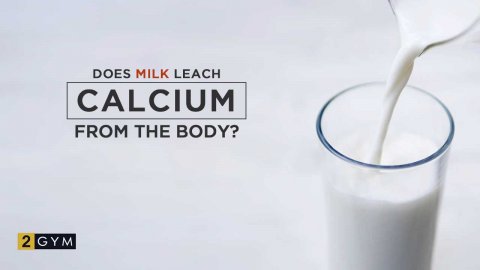









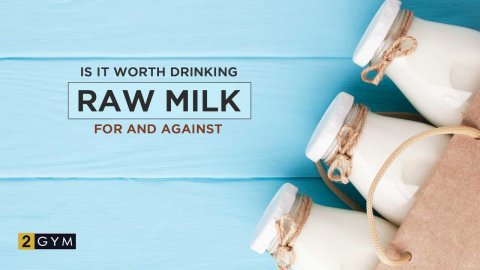
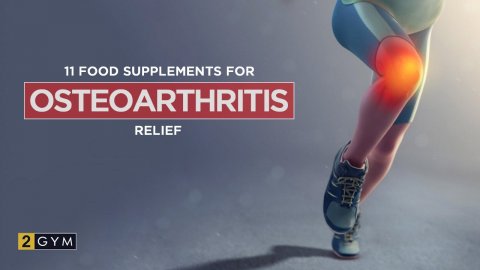
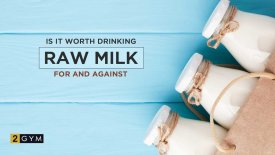



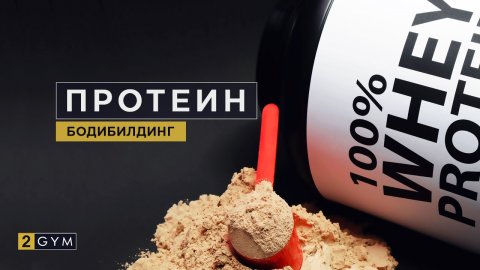

Log in with ( Sign Up ? )
or post as a guest
Be the first to comment.